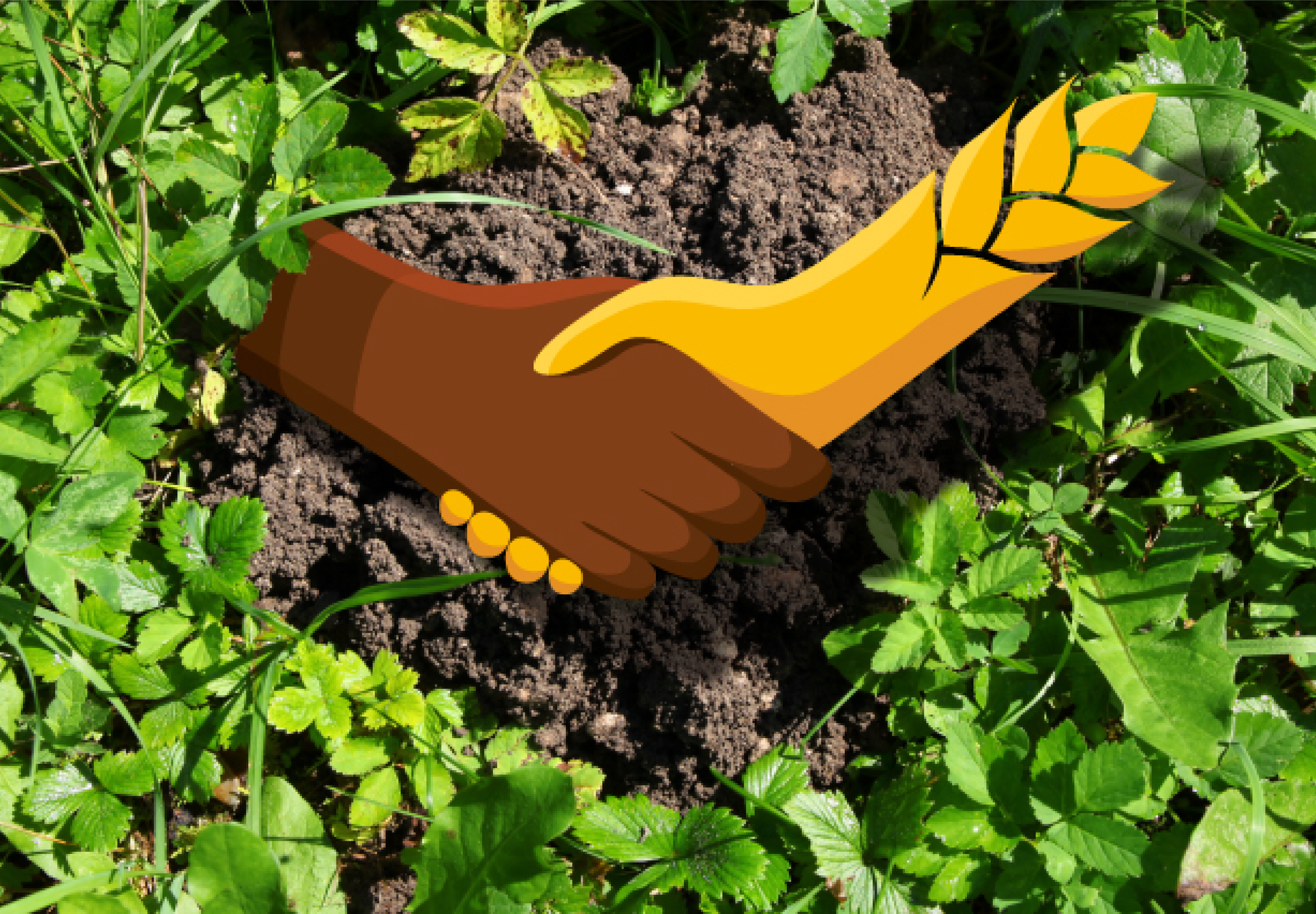10th Plenary Assembly of the Global Soil Partnership | Virtual, 23-25 May 2022

date: 01/07/2022
More than 500 partners joined the 10th Plenary Assembly of the Global Soil Partnership (GSP) that took place online and was chaired by Luca Montanarella of the Joint Research Centre (JRC).
Cem Özdemir, Federal Minister of Food and Agriculture of Germany; Chalermchai Sri-on, Minister of Agriculture and Cooperatives of Thailand; Jihyun Lee, of the Convention on Biological Diversity Secretariat; the Deputy Minister for Agriculture of Iran and Italian singer Laura Pausini, all spoke at the opening of the Plenary, indicating broad and cross-sectorial support for the GSP agenda.
‘The role of soils and their fertility are more important than ever to ensure food security for all and enable the transformation of agrifood systems to be more efficient, more inclusive, more resilient and more sustainable’, said Qu Dongyu, FAO Director-General, who urged participants to work to catalyse and scale up sustainable soil management solutions on the ground.
The new GSP Action Framework 2022-2030
During this Assembly, participants adopted the new GSP Action Framework 2022-2030, with the main goal of improving and maintaining the health of at least 50 percent of the world’s soils by 2030.
This new Action Framework includes measurable performance targets and proposes developing a global Soil Health Index. Through it, the GSP plans to have a stronger influence to support and ensure that the various international commitments and agreements are translated into concrete actions on the ground. The Action Framework also aims to better coordinate with the three Rio Conventions, ensuring that the role of soils in maintaining a healthy environment is appropriately acknowledged.
New Global Black Soil Distribution Map
A highlight of the first day of the Plenary was the launch of the Global Black Soil Distribution Map, fruit of a multi-year effort using a country-driven approach led by the Global Soil Partnership.
Black soils cover an estimated 725 million hectares and generate around 67 % of the world’s sunflower seeds, 30 % of its wheat and 26 % of its potatoes. Almost half of these soils are found in the Russian Federation, and other countries with expansive black-soil areas are Argentina, China, Colombia, Hungary, Indonesia, Kazakhstan, Poland, Ukraine, and the United States of America.
‘Considering black soils’ fundamental role for food security and climate action and their increasing vulnerability to soil degradation, it is of the utmost importance to study the properties and status of black soils at the local and global scale’, said Yuxin Tong, Coordinator of the International Network of Black Soils (INBS). Better monitoring of the dynamics of black soils resulting from management practices would allow for informed decision-making.
Other topics of discussion
Participants also discussed and reviewed initiatives such as the Voluntary Guidelines for Sustainable Soil Management and SoiLEX, the International Code of Conduct for the Sustainable Use and Management of Fertilizers, RECSOIL: recarbonisation of global soils, the World Soil Day 2022 campaign and the Soil Doctors Programme.
In addition, final preparations were made for the Global Symposium on Soils for Nutrition, to be held 26-29 July 2022.
About the Global Soil Partnership
Since 2012 the GSP has been working to raise global and local awareness of the importance of sustainable soil management and guide policies to tackle issues ranging from erosion, salinisation, and pollution to biodiversity conservation, carbon sequestration and nutrient imbalances.
More information:
